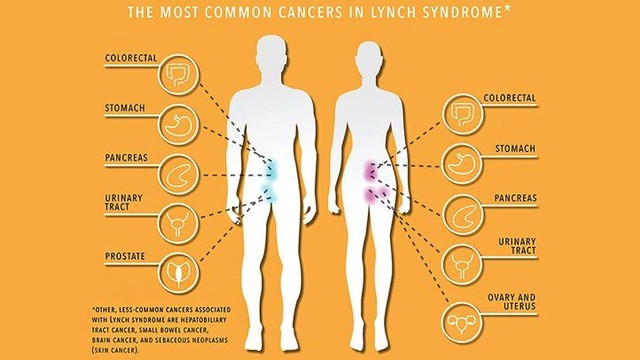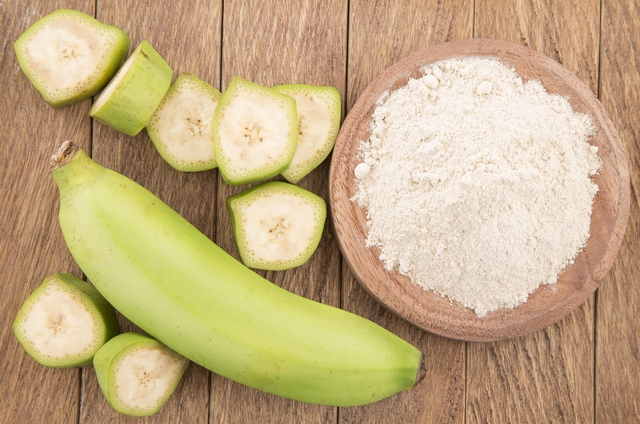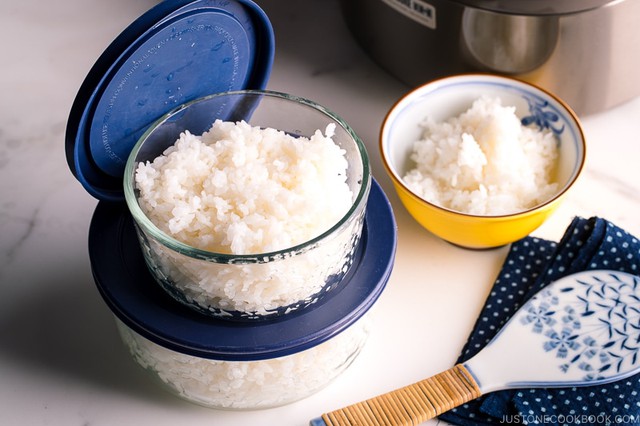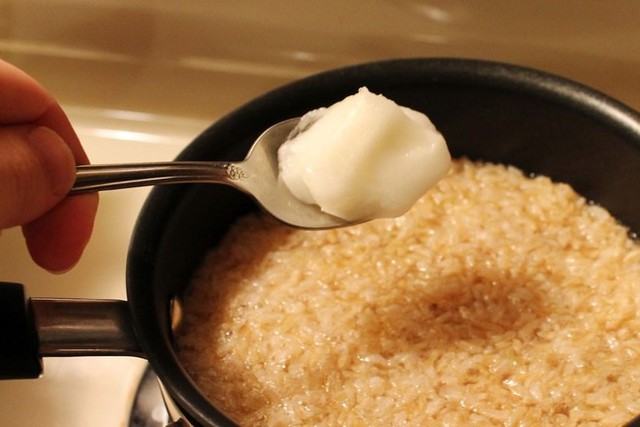You only need to consume 30 grams of resistant starch, equivalent to one green banana a day, to reap the benefits.
The results were drawn from a study conducted over a span of more than 20 years, involving nearly 1,000 volunteers from around the world who signed up to participate. In this research, scientists discovered resistant starch, a special type of starch capable of benefiting those at high risk of developing digestive system cancers, including esophageal, gastric, and pancreatic cancers.
“We found that resistant starch reduces the risk of a range of cancers by more than 60%. The most significant effect was observed in cancers related to the upper part of the intestine,” stated John Mathers, the lead researcher and a nutrition expert at Newcastle University in the United Kingdom.
Resistant starch is a type of starch that passes through the small intestine and then ferments in the large intestine, where it provides beneficial bacteria for the gut. Previously known benefits of resistant starch range from aiding in weight management, promoting gut health to reducing the risk of diabetes.
The sources of foods containing resistant starch are diverse, including oats, green bananas, lentils, and cooked then cooled rice. Therefore, you can start incorporating these foods into your diet to prevent cancer.
You only need to eat 30 grams of resistant starch, equivalent to one green banana a day
In their study, researchers performed a double-blind trial on 918 volunteers with a syndrome called Lynch. Lynch syndrome arises from genetic mutations occurring in DNA repair genes during cell replication.
When these genes are faulty, individuals with Lynch syndrome are at increased risk of developing various cancers, including colorectal, gastric, endometrial, ovarian, pancreatic, prostate, urinary tract, kidney, bile duct, small bowel, and brain cancers.
For every 300 people worldwide, one person has Lynch syndrome. Therefore, from 1990 to 2005, scientists at Newcastle University deliberately followed nearly 1000 volunteers with this syndrome to determine if there was any way to reduce their cancer risk.

The trial divided volunteers into two random groups. One group consisted of 463 people provided with a diet containing a daily dose of 30 grams of resistant starch, which lasted for two years. Meanwhile, the remaining 455 people were given a placebo—pills containing a substance resembling starch but with no activity.
Both groups of volunteers were then monitored for 10 years. The results showed that among the 463 individuals who consumed resistant starch, only five developed upper digestive system cancers. In contrast, in the group of 455 individuals, there were 21 cases.
“This discovery is crucial because upper digestive system cancers are difficult to diagnose and often not detected early,” Mathers noted. By supplementing their daily diet with resistant starch, roughly 30 grams equivalent to 1 green banana, individuals with Lynch syndrome reduced their cancer risk.
However, where does this effectiveness come from?
Researchers believe that resistant starch might reduce cancer development by altering the metabolism of bile acids produced by gut bacteria. “This will reduce the types of bile acids that can damage our DNA, ultimately leading to cancer,” stated Mathers.

Cold rice is also a significant source of resistant starch
If you can’t eat green bananas, good news is that there is a source of resistant starch that many of us consume daily—rice. Tests have shown that out of 100 grams of rice, there are about 7.5 grams of resistant starch.
Therefore, you can eat approximately 400 grams of rice to obtain 30 grams of resistant starch daily. For those concerned about rice being high in starch and possibly causing weight gain if consumed in excess, scientists suggest a way to reduce rice intake while still obtaining enough resistant starch. That is by consuming cooked then cooled rice.

A study published in the journal Nature indicates that if you cook rice and then refrigerate it (at 4 degrees Celsius) for 24 hours, resistant starch will form in the cold rice. This happens due to a phenomenon called retrogradation.
During the cooling of starch, amylose molecules and long chains of amylopectin form double helices and lose the ability to bind with water. These double helices of starch molecules resist the breakdown by amylase in the small intestine. Therefore, they transform into resistant starch to eventually ferment in the large intestine.
Carefully measured, scientists suggest that by refrigerating cooked rice, the amount of resistant starch in it can increase up to 60%. This means that 100 grams of cold rice at this point would contain about 12 grams of resistant starch. In this case, eating 250 grams would provide enough 30 grams of resistant starch per day.
Additionally, you can add coconut oil to the rice before cooking it. This method is known to increase the amount of resistant starch in the rice.

Aspirin may help reduce colorectal cancer risk
Returning to Newcastle University’s research, although scientists found that resistant starch reduces the risk of upper digestive system cancers, they did not find any correlation between the two diets and the risk of lower digestive system cancers.
In other words, resistant starch did not reduce cancers such as colorectal or rectal cancers.
To clarify further, this trial was also conducted on people who tend to develop cancer due to genetics. However, scientists will gain more insights if they explore how resistant starch helps Lynch syndrome patients protect themselves from cancer.
The initial trial, called the CAPP2 study, is now followed by a subsequent experiment called CaPP3, which has attracted over 1,800 participants.
Even though it may seem alarming that resistant starch cannot reduce the risk of lower digestive system cancers, scientists have found another way.

In 2020, the same Newcastle University research team discovered that taking aspirin, a derivative of salicylic acid, a non-steroidal anti-inflammatory drug daily, could reduce the risk of colorectal cancer by 50% in people with Lynch syndrome.
“People with Lynch syndrome are at high risk because they are more likely to develop cancer. Therefore, discovering that aspirin can halve the risk of colorectal cancer and that resistant starch reduces the risk of other cancers are extremely significant findings,” said Sir John Burns, a geneticist at Newcastle University and co-author of both studies.
“Based on our trial, NICE [National Institute for Health and Care Excellence] now recommends aspirin for people at high genetic risk of cancer. There’s no doubt now, the benefits from aspirin and now with the addition of resistant starch are very clear.”












